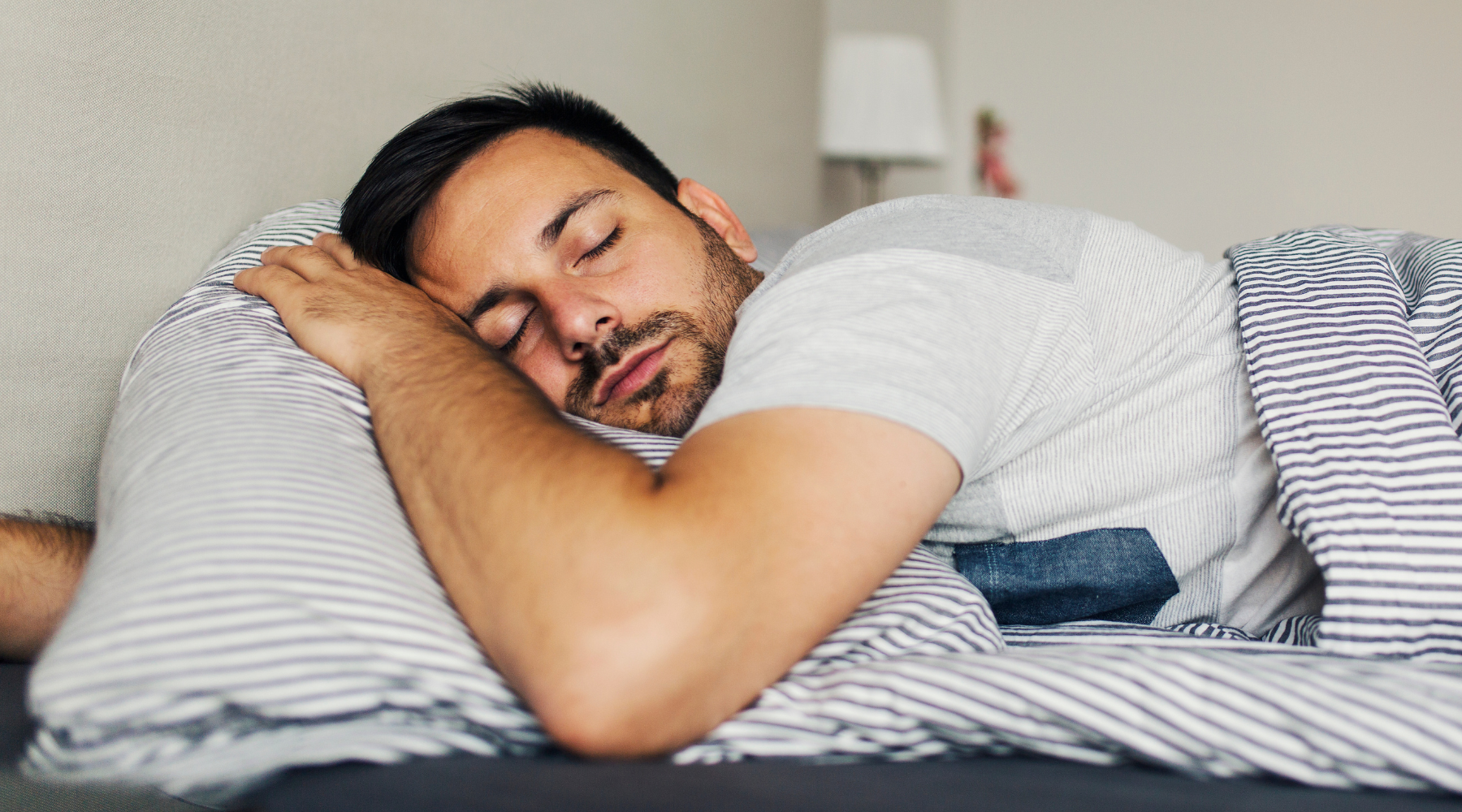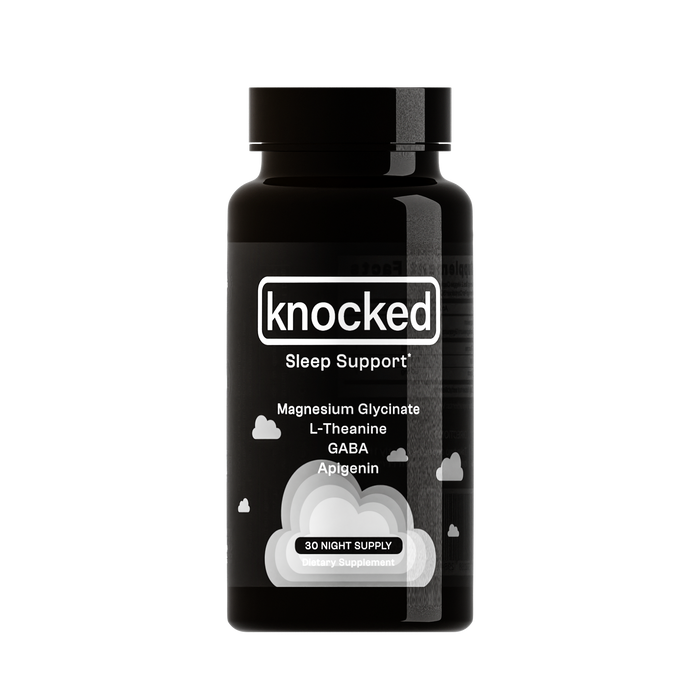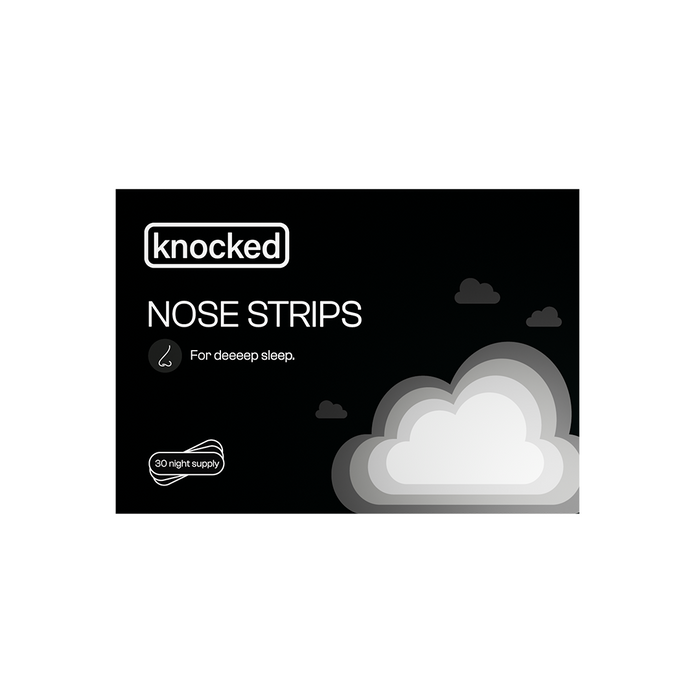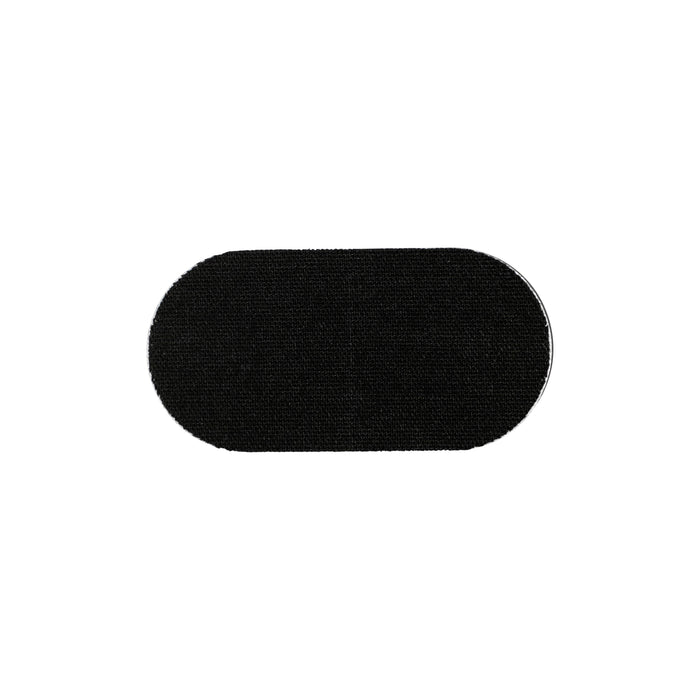

5 Stages of Sleep: Understanding the Science of Sleep Cycles
When it comes to sleep, there are five stages, each characterized by distinct patterns of brain activity and physiological changes.
Each stage of sleep is associated with specific patterns of brain waves and other physiological markers. Each stage is defined by the specific characteristics of the EEG signal, such as frequency and amplitude, as well as by other physiological markers such as muscle tone, eye movement, and heart rate.
The stages are: wake, N1, N2, N3, and REM. Stages N1 to N3 are commonly referred to as Non-REM (Rapid Eye Movement). In each stage, sleep gets progressively deeper.
The first stage is the wake stage, which further depends on whether the eyes are open or closed. During eye-open wakefulness, beta waves predominate (frequency of 13-30 Hz). As individuals become more drowsy and close their eyes, alpha waves (frequency of 8-12 Hz) become the predominant pattern.
Stage 1 (N1)
This is the lightest stage of sleep, and it is a transitional stage between wakefulness and sleep. During this stage, your eye movements slow down and your muscle activity decreases. It is very easy to be awakened from stage 1 sleep. Stage 1 only makes up around 5% of total sleep duration.
Stage 2 (N2)
This is a deeper stage of sleep, and your brain waves become even slower and more regular. Your body temperature drops, your heart rate slows down, and begins to release growth hormones. This stage makes up the majority of your sleep time and is the transitional stage between light and deep sleep.
Stage 3 (N3)
This is the deepest and most restorative stage of Non-REM sleep, and it is characterized by the presence of delta waves (slow, high-amplitude brain waves). This stage is also known as slow-wave sleep, and it is the stage of sleep in which it is most difficult to be awakened. It makes up about 20-25% of total sleep time.
REM Sleep
This stage is characterized by rapid eye movements, increased breathing and heart rate, and increased brain activity. This stage is also known as paradoxical sleep, because while the brain is active, the body is essentially paralyzed. During REM sleep, most vivid dreams occur. REM sleep typically occurs in the latter half of the night, and a person will experience several REM sleep cycles during the night, lasting from about 10 to 25 minutes each. It makes up about 25-30% of the total sleep time.
It's important to note that these stages are not discrete, and it is possible to move between different stages of sleep during the night. Additionally, as we sleep we cycle through each of these stages in 90-minute cycles (ultradian cycle).
Each stage of sleep is associated with specific patterns of brain waves and other physiological markers. Each stage is defined by the specific characteristics of the EEG signal, such as frequency and amplitude, as well as by other physiological markers such as muscle tone, eye movement, and heart rate.
The 5 Stage Model
The five-stage model provides a way to describe and understand the different aspects of sleep and how they change throughout the night. It also helps in identifying and understanding sleep disorders, as abnormalities in the normal pattern of sleep stages can indicate a problem. Additionally, it also helps in identifying the optimal time to perform certain activities like studying, working or performing surgery, or in understanding the impact of certain conditions or medications on sleep.The stages are: wake, N1, N2, N3, and REM. Stages N1 to N3 are commonly referred to as Non-REM (Rapid Eye Movement). In each stage, sleep gets progressively deeper.
 source: https://dana.org/
source: https://dana.org/
The 5 Stages of Sleep
Wake/AlertThe first stage is the wake stage, which further depends on whether the eyes are open or closed. During eye-open wakefulness, beta waves predominate (frequency of 13-30 Hz). As individuals become more drowsy and close their eyes, alpha waves (frequency of 8-12 Hz) become the predominant pattern.
Stage 1 (N1)
This is the lightest stage of sleep, and it is a transitional stage between wakefulness and sleep. During this stage, your eye movements slow down and your muscle activity decreases. It is very easy to be awakened from stage 1 sleep. Stage 1 only makes up around 5% of total sleep duration.
Stage 2 (N2)
This is a deeper stage of sleep, and your brain waves become even slower and more regular. Your body temperature drops, your heart rate slows down, and begins to release growth hormones. This stage makes up the majority of your sleep time and is the transitional stage between light and deep sleep.
Stage 3 (N3)
This is the deepest and most restorative stage of Non-REM sleep, and it is characterized by the presence of delta waves (slow, high-amplitude brain waves). This stage is also known as slow-wave sleep, and it is the stage of sleep in which it is most difficult to be awakened. It makes up about 20-25% of total sleep time.
REM Sleep
This stage is characterized by rapid eye movements, increased breathing and heart rate, and increased brain activity. This stage is also known as paradoxical sleep, because while the brain is active, the body is essentially paralyzed. During REM sleep, most vivid dreams occur. REM sleep typically occurs in the latter half of the night, and a person will experience several REM sleep cycles during the night, lasting from about 10 to 25 minutes each. It makes up about 25-30% of the total sleep time.
It's important to note that these stages are not discrete, and it is possible to move between different stages of sleep during the night. Additionally, as we sleep we cycle through each of these stages in 90-minute cycles (ultradian cycle).






